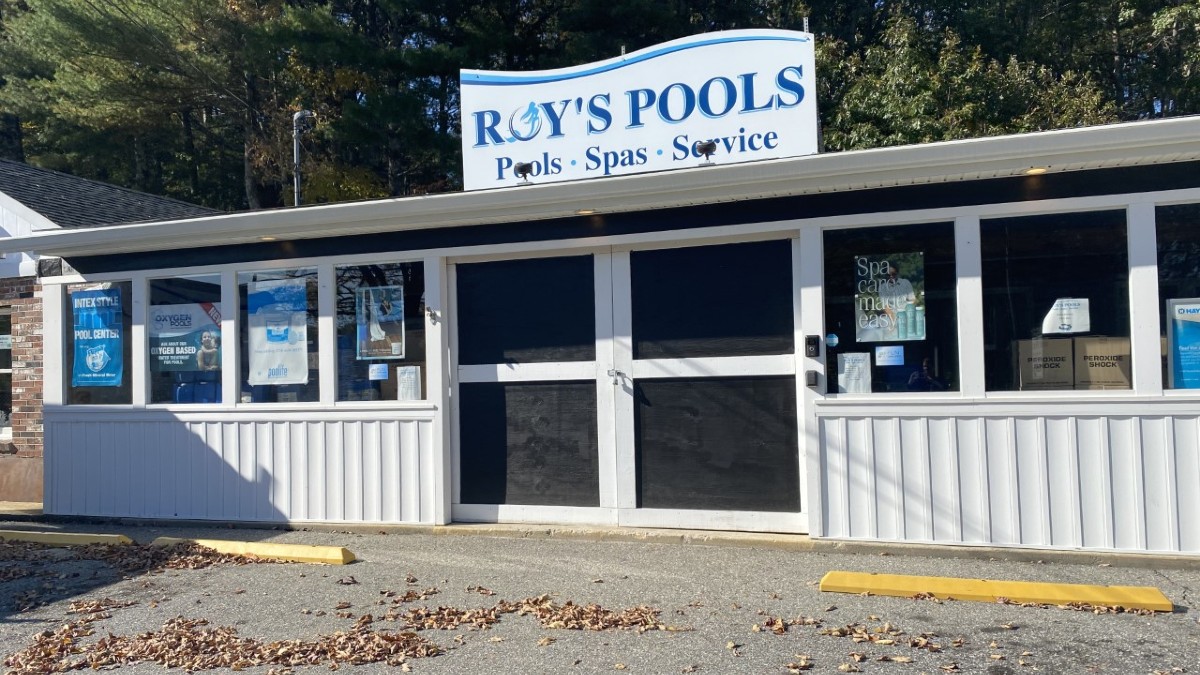It’s cold outside and it’s only going to get colder, especially for people in Connecticut with no place to live.
As weather forecasts predict Arctic-like cold for Connecticut, Gov. M. Jodi Rell is urging emergency shelters to stay open longer hours. However, in these tough fiscal times that is a difficult request.
The City of New Haven has a no-freeze policy during potentially dangerous temperatures, which prohibits shelters from turning away those in need on cold nights.
The city, facing significant budget cuts, has suspended that policy.
Shelter officials said they are doing their best to meet the growing need, but people who depend on these shelters worry that if Rell doesn't take action soon, some people will be turned away.
Rell held a conference call Tuesday with the state departments of Emergency Management and Homeland Security, Public Safety and Social Services, municipal leaders and the Red Cross to identify existing shelters and overflow space.
Rell directed state emergency management officials to hold daily conference calls with cities and towns for at least the next three days to assess shelter needs. She asked town and city leaders to open up local shelters as soon as possible and noted that the state has extra cots stored around the state in order to provide them quickly to the local shelters.
Local
To help provide places for more people to stay, Rell requested that the National Guard have 10 armories ready for use as shelters. The armories are certified by the Red Cross for use as shelters and can be opened quickly if the Red Cross requests it.
Wind chills Tuesday nights are expected to make it feel like it is below zero. Thursday’s high will be in the teens and the bitter cold will continue through Friday.
Keep up on the forecast at NBC Connecticut.
Cold Weather Safety Tips Cold Weather Safety Tips Cold Weather Safety Tips Cold Weather Safety Tips Cold Weather Safety Tips Cold Weather Safety Tips
- Wear several layers of not too tight or too bulky clothing. Always wear a hat and gloves.
- Consume hot and easily digestible food and beverages with higher calories, like hot milk, soup, noodles and rice.
- Remain indoors or in places with sunlight. Continue with usual daily activities, but do more exercise to generate heat, improve blood circulation, and maintain flexibility of joints.
- Exercise care and concern for the elderly. If you happen to know of a single elder living alone or with chronic illnesses, give him/her a call or pay a visit.
Heating Safety
- Do not burn anything larger than candles inside your home without providing good ventilation to the outside.
- Any type of heater (except electric) should be vented.
- Do not use a gas or electric oven or surface units for heating.
- Do not burn outdoor barbecue materials such as charcoal briquettes inside— even in a fireplace.
- Do not use bottled gas in natural gas appliances unless appliances have been converted for that use
- Use battery-operated smoke and carbon monoxide detectors



